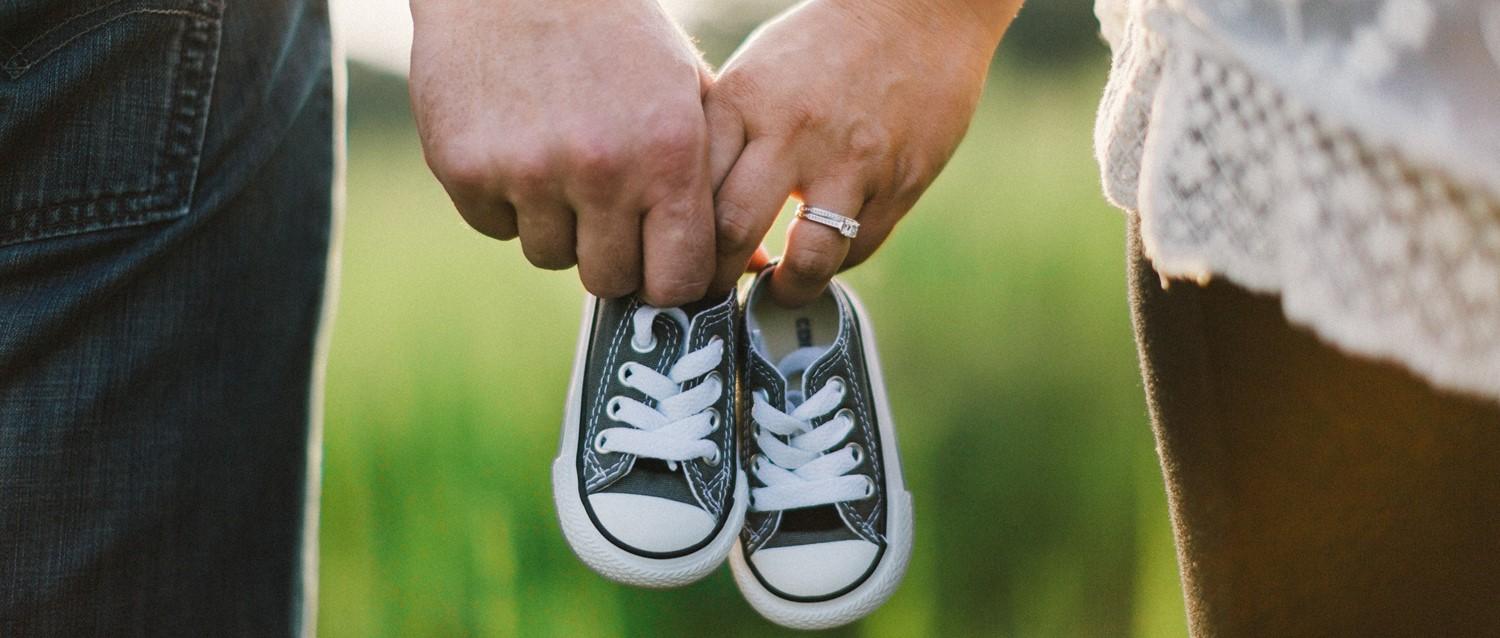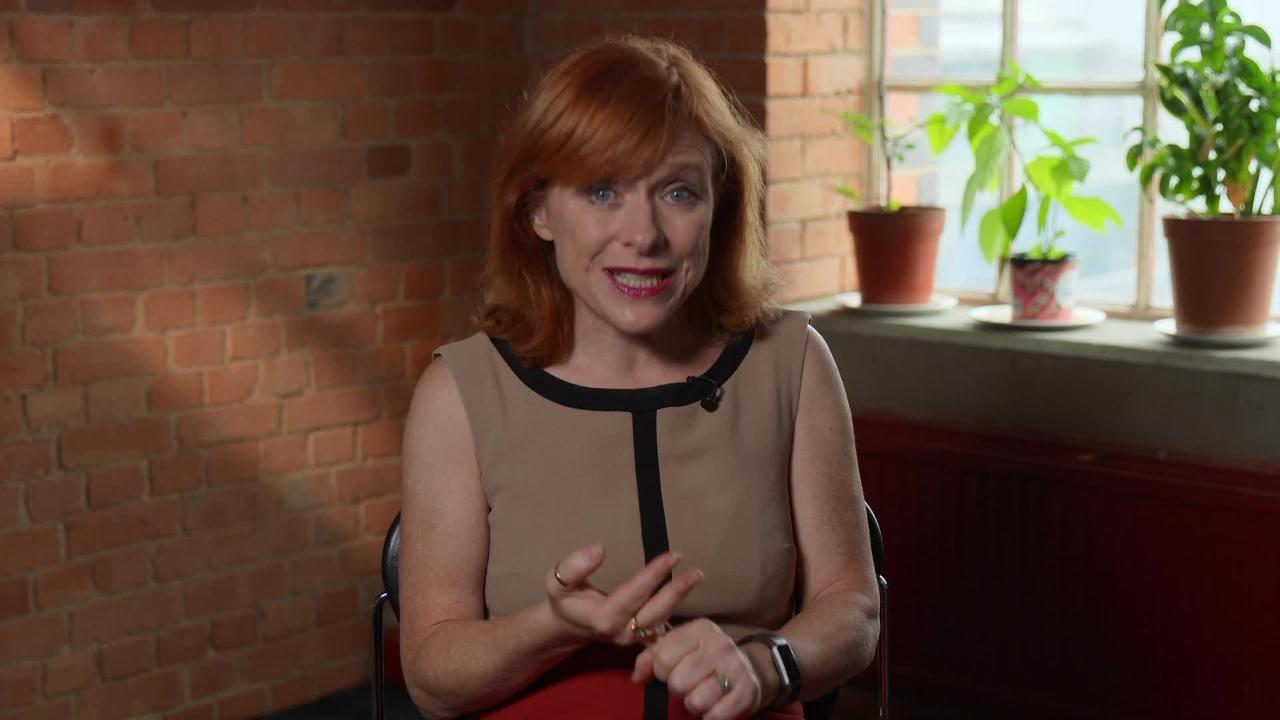
When should you announce a pregnancy?
Peer reviewed by Dr Krishna Vakharia, MRCGPLast updated by Gillian HarveyLast updated 29 Jun 2022
Meets Patient’s editorial guidelines
- DownloadDownload
- Share
- Language
- Discussion
It's one thing to discover you are pregnant. It's quite another to tell the world. While some women may want to shout the news from the rooftops, others feel more cautious. So, when is the best time to announce your pregnancy?
In this article:
Continue reading below
How to announce a pregnancy
Some enjoy announcing pregnancy in a celebratory and very public way over social media or at a family event. Others prefer to confide their news quietly to selected individuals during the course of their pregnancy. Ultimately, the decision is yours.
"As a doula, I work with people who announce straightaway and some who keep it just to close family until they can't hide it any longer! There is no right or wrong here," explains Sarah Robinson of Doula UK. "As with choices about your pregnancy and birth, it's about weighing up the benefits and risk and making a decision that feels right for you."
So, what factors should we consider when deciding when to announce a pregnancy?
When is it safe to announce a pregnancy?
For many women, the early weeks of pregnancy can be a stressful time. Not only is your body adjusting to pregnancy - meaning symptoms such as morning sickness may be at their worst - but the risk of miscarriage is at its highest.
If a woman or their partner is concerned about miscarriage, they may prefer to wait until the risk of such an event reduces. This is often around 12 weeks, or after the first scan and ultrasound photo have confirmed that the pregnancy is healthy.
"The general rule of 12 weeks for pregnancy announcements has come from many studies that show the risks of miscarriage are at their highest during the first 12 weeks," says Kate Featherstone-Coombes, parenting coach and trainee midwife. "The first six weeks are generally the highest risk, with one in three pregnancies not proceeding beyond this point."
Continue reading below
Early pregnancy announcements
The early weeks of pregnancy are not always straightforward. Some women may experience extreme sickness, tiredness or other symptoms such as spotting, requiring time off work.
Those who find themselves suffering some of the worst side-effects of early pregnancy may decide to share the news of their pregnancy to ensure they receive the necessary support both at work and from friends and family. This is something that happened famously with the Duchess of Cornwall, who decided to reveal her pregnancy before the 12-week mark after being admitted to hospital with hyperemesis gravidarum(severe vomiting) in December 2012.
"The early weeks can be really tiring so having understanding and help from those around you can be really positive. Also, many people will want to book pregnancy yoga, antenatal courses, and a doula as soon as they find out they are pregnant to support them on their journey," explains Sarah Robinson, of Doula UK.
For some, the risk of miscarriage and other complications is what prompts them to announce before 12 weeks: "Earlier announcements often come from a place of wanting more support throughout the pregnancy or recognising the need for support no matter what stage the pregnancy might be lost at," explains Featherstone-Coombes.
20 weeks or more
Some prefer to hold on to their big news or keep their pregnancy announcement to just a few close family and friends, until after the 20-week scan. This scan looks for abnormalities and may be particularly significant for those who have an increased risk of genetic abnormality or other problems. In addition, "later announcements are often common when a person has experienced multiple losses," explains Featherstone-Coombes.
Continue reading below
When to announce a pregnancy to the wider family
Another factor parents-to-be may consider when deciding when to announce a pregnancy is the wider family. Big brothers and sisters, and other family members may need to be prepared for a new arrival, and some parents like to involve their existing children in the pregnancy and the excitement that surrounds it.
"Earlier announcements can also be influenced by siblings," says Featherstone-Coombes. "It might be hard to hide a pregnancy if it comes with sickness or other symptoms, and parents might want to prepare their children for upcoming changes to their lives."
Finding the right opportunity to announce a pregnancy
If a family event is on the horizon, some expectant parents may decide it's a great opportunity to announce, adding a new dynamic to the celebration; others may feel they need to inform friends and family so that they are aware of any limitations, such as avoiding alcohol or certain foods on the menu.
When to let work know you're pregnant
Employers have a duty of care to make reasonable adjustments to the working practices of a pregnant employee. Legally, a pregnant woman must inform her employer about a pregnancy at least 15 weeks before the beginning of the week of the baby's due date (around week 25 of pregnancy), if she is able to. However, some may decide to let their employer know at an earlier stage, especially if their work is physical or they suffer from difficult-to-manage symptoms.
"Some employers encourage employees to share a pregnancy earlier due to associated risks with their role, and to accommodate any pregnancy symptoms which may affect the pregnant employee's day-to-day activities within their job," explains Featherstone-Coombes.
Employers must carry out a risk assessment, and duties may be adjusted as a result of pregnancy.
Your news, your rules
When you decide to announce will depend on a number of factors. But most importantly, any decision you make should be on your own terms and in your own way. There are no hard-and-fast rules, so ignore any external pressures and do what's right for you and your baby.
Real-life examples of pregnancy announcements
The following stories were shared with Gillian Harvey via Twitter and were authorised to be used in this piece.
Real women share their experiences of pregnancy announcements:
"I announced early just to family and close friends (four weeks), it was an IVF pregnancy, so everyone was waiting to hear anyway. It was impossible to hide, and I would have wanted support in event of another miscarriage."
"I tried to wait until 12 weeks but kept disappearing into the toilets at work to throw up from five weeks+ so I am sure most people had already realised ..."
"We didn't announce my last pregnancy AT ALL. He was our first boy after my second son was stillborn and I was so terrified he wouldn't make it I couldn't bring myself to share our news until he was here. We surprised a lot of people with his birth announcement!"
"Immediately. I never saw the point in keeping it secret. I had multiple miscarriages over the years and was devastated by them. I didn't want my pregnancies hidden to protect other people's discomfort, 'in case it went wrong'. And I wanted to acknowledge them in case their stay was brief."
"At 12 weeks as that's the 'rule' - a ridiculous one really as I felt horribly scared and lonely with my nausea and news which felt like some dark secret. People should just announce when they are ready, be it one week or 40 weeks."
Immediate family - six weeks (it was Christmas and so seemed a nice opportunity to announce to them); some friends at 12 weeks for the usual 'safe zone' reason. Then we set up a private Insta account for closest family/friends, because we both felt pretty private and protective over it all."
Patient picks for General information

Pregnancy
Video: Is it safe to have sex during pregnancy and other lifestyle questions?
In many ways life can just carry on as normal when you're pregnant, but there are a lot of changes you need to consider too from what you eat to how you enjoy yourself. Here we tackle some of the main questions.
by Lawrence Higgins

Pregnancy
What to do if you need an abortion
If you need to have an abortion, you probably have a lot on your plate. Quite aside from the emotions you may be experiencing, there are a number of practical considerations to think about - not least how you go about arranging the procedure or what it is likely to involve.
by Abi Millar
Continue reading below
Article history
The information on this page is peer reviewed by qualified clinicians.
29 Jun 2022 | Latest version

Ask, share, connect.
Browse discussions, ask questions, and share experiences across hundreds of health topics.

Feeling unwell?
Assess your symptoms online for free
Sign up to the Patient newsletter
Your weekly dose of clear, trustworthy health advice - written to help you feel informed, confident and in control.
By subscribing you accept our Privacy Policy. You can unsubscribe at any time. We never sell your data.